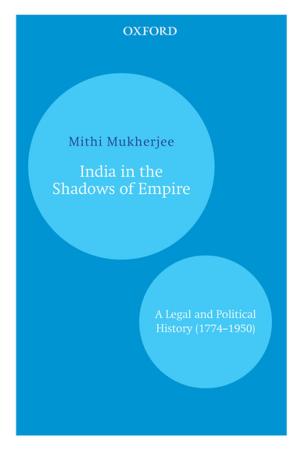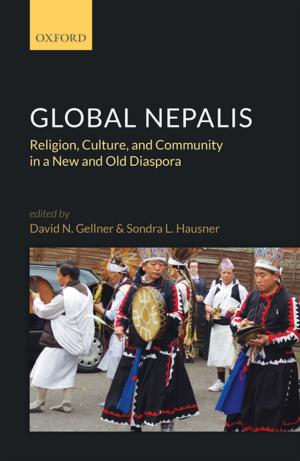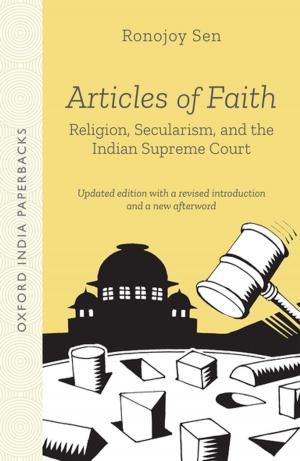The Grammar of Caste
Economic Discrimination in Contemporary India
Business & Finance, Economics, Economic Development, Nonfiction, Social & Cultural Studies, Social Science| Author: | Ashwini Deshpande | ISBN: | 9780199088461 |
| Publisher: | OUP India | Publication: | August 3, 2011 |
| Imprint: | OUP India | Language: | English |
| Author: | Ashwini Deshpande |
| ISBN: | 9780199088461 |
| Publisher: | OUP India |
| Publication: | August 3, 2011 |
| Imprint: | OUP India |
| Language: | English |
Is the caste system disappearing? Are traditional hierarchies being replaced by competing equalities? Do globalization and liberalization automatically result in diminishing disparities? Are modern labour markets intrinsically meritocratic and efficient? Challenging the dominant discourse and demolishing various myths, this book provides answers to these and other critical questions on caste in its contemporary avatar. Linking the economics of caste with its politics, sociology, and history, this innovative book provides a stimulating assessment of continuities and changes in caste disparities over the last two decades. Deshpande uses rich empirical data to uncover how contemporary, formal, urban sector labour markets reflect a deep awareness of caste, religious, gender, and class cleavages. She convincingly argues that discrimination is neither a relic of the past nor is it confined to rural areas, but is very much a modern, formal sector phenomenon. This insightful book is an important step towards a multidisciplinary dialogue for understanding (and mitigating) inequalities based on birth and descent.
Is the caste system disappearing? Are traditional hierarchies being replaced by competing equalities? Do globalization and liberalization automatically result in diminishing disparities? Are modern labour markets intrinsically meritocratic and efficient? Challenging the dominant discourse and demolishing various myths, this book provides answers to these and other critical questions on caste in its contemporary avatar. Linking the economics of caste with its politics, sociology, and history, this innovative book provides a stimulating assessment of continuities and changes in caste disparities over the last two decades. Deshpande uses rich empirical data to uncover how contemporary, formal, urban sector labour markets reflect a deep awareness of caste, religious, gender, and class cleavages. She convincingly argues that discrimination is neither a relic of the past nor is it confined to rural areas, but is very much a modern, formal sector phenomenon. This insightful book is an important step towards a multidisciplinary dialogue for understanding (and mitigating) inequalities based on birth and descent.















